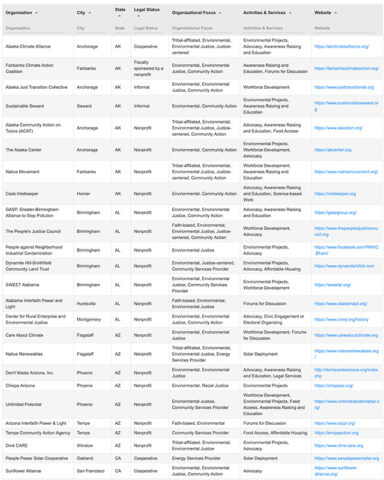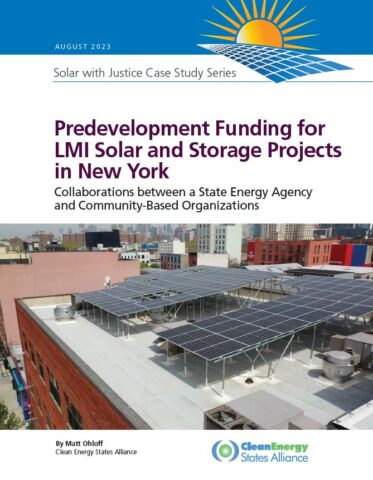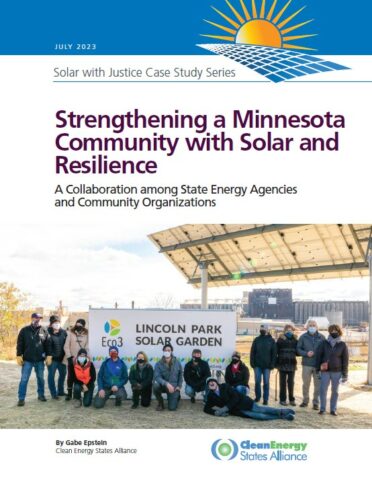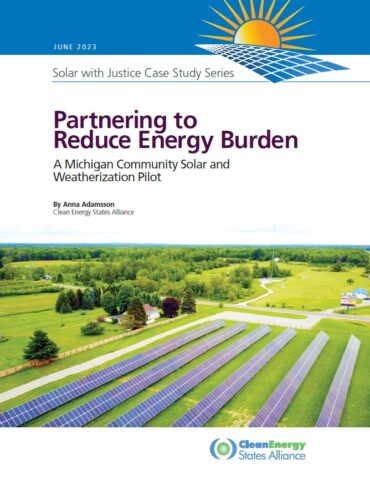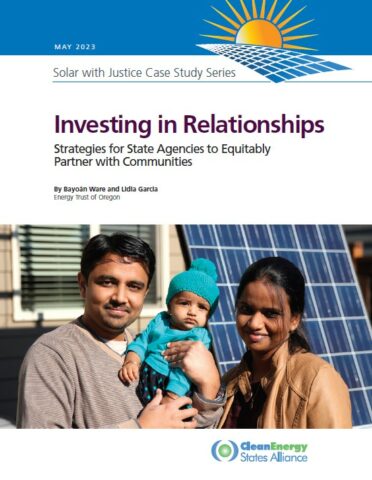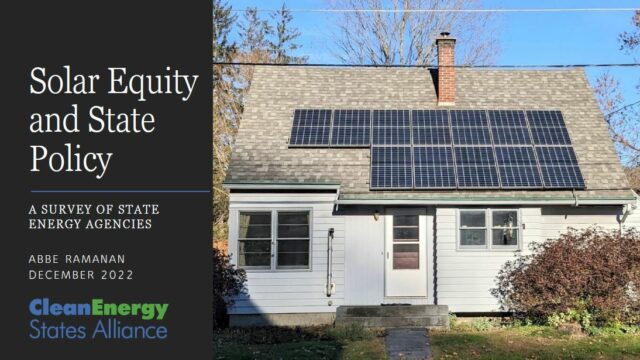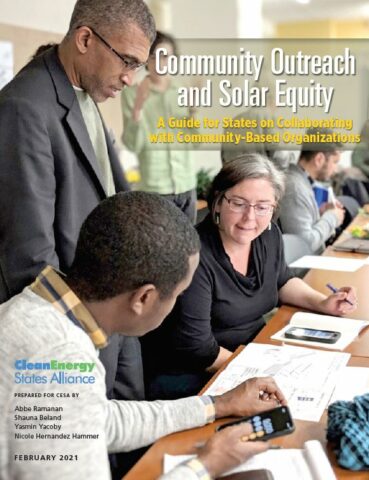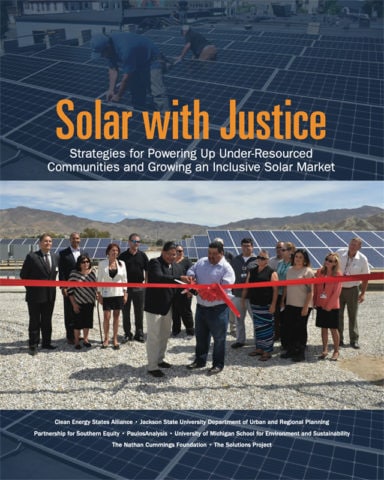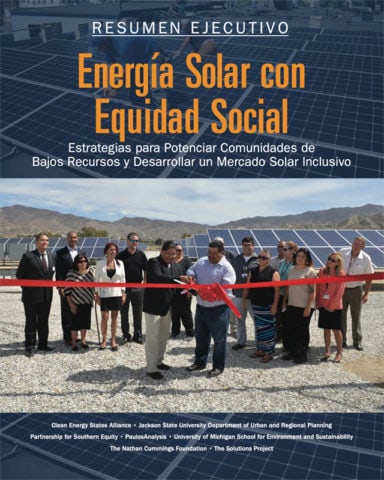Resource Archive - Solar with Justice: Connecting States and Communities
SEARCH RESOURCES
You can also search by author name.
RESOURCE TYPES
RESOURCE TOPICS
RESOURCE PROJECTS
RESOURCE YEARS
CESA compiled this database of over 400 community-oriented organizations with a focus on or interest in clean energy at the local level, especially for low-income and disadvantaged communities. The database especially emphasizes groups that seek to advance solar energy and environmental justice.
NYSERDA’s Affordable Solar and Storage Predevelopment and Technical Assistance program in New York State is successfully addressing the predevelopment challenge for solar and storage projects for low- and moderate-income residents.
This case study details the development of a community solar array and Resilience Hub in Duluth, Minnesota. This project provides a useful model for community-based organizations and state energy agencies interested in developing their own equity-focused energy and resilience projects.
In an effort to reduce the energy burden on low-income Michiganders, the Michigan Department of Environment, Great Lakes, and Energy collaborated with local community action agencies and utilities to develop three separate community solar pilot programs. This case study illustrates how the program partners developed each pilot, what they learned, and what advice they would give to those developing future programs.
This case study analyzes six programs conducted by the Energy Trust of Oregon that have shown success in building meaningful and impactful relationships with community representatives. These programs can serve as a model for other state agencies seeking to develop relationships with community partners in order to better meet their shared goals.
This Clean Energy States Alliance report explores how SEAs are currently working with CBOs on equitable solar policy, and the barriers to successfully implement these policies. The report is based on a survey of SEAs conducted by CESA in conjunction with Energy Trust of Oregon and Kim Wolske of the University of Chicago.
This guide is a collection of best practices, ideas, and principles that provide states a foundation for building equitable relationships with community-based organizations and for working with them on solar development.
This report aims to accelerate the implementation of solar in under-resourced communities in ways that provide meaningful, long-lasting benefits to those communities.
El objetivo del informe “Energía Solar con Equidad Social” es acelerar la implementación de energía solar en comunidades de escasos recursos en formas que proporcionen beneficios significativos y duraderos para estas comunidades.
- « Previous
- 1
- 2

